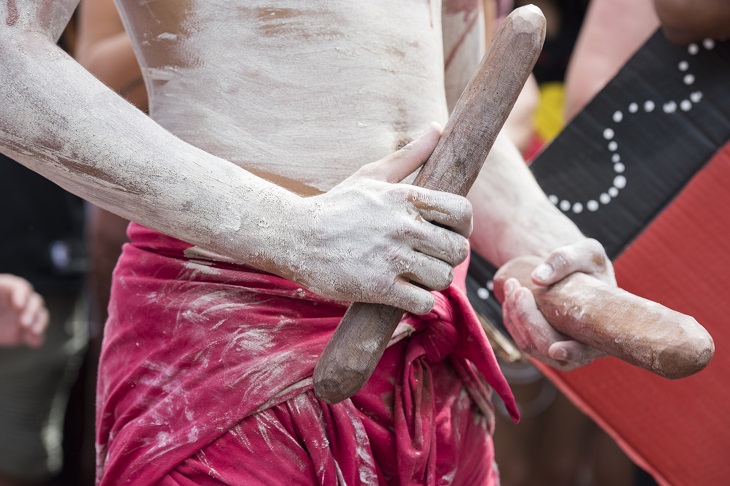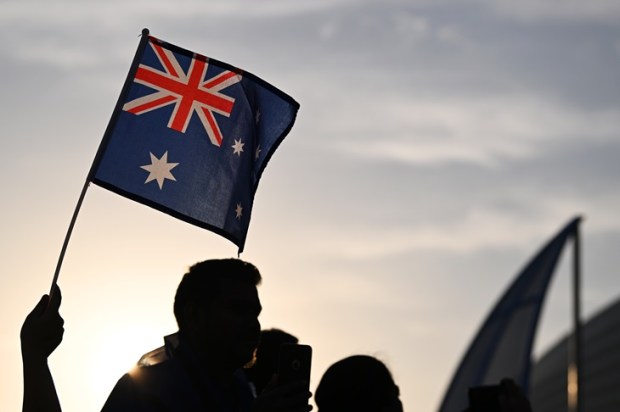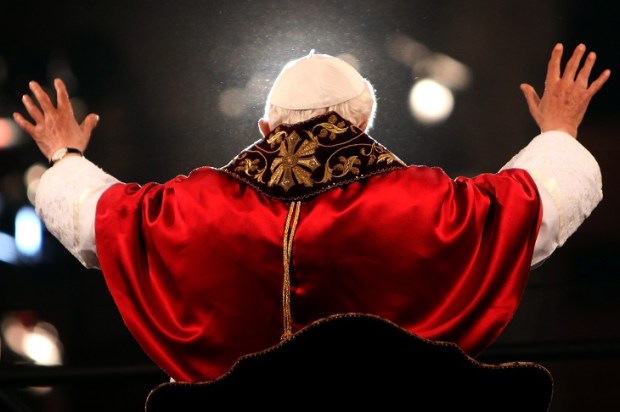Recent Australian High Court rulings on issues of Aboriginality have taken a strange turn, and not for the better.
It is one reason why I am concerned with a constitutionally entrenched Voice to Parliament with unknown and unknowable scope to make recommendations about matters affecting Aboriginal and Torres Strait Islander peoples.
It will be justiciable and the interpretation of the amendment will be at the mercy of a court, the majority of which holds a mystical view of Aboriginality affirming the idea that Aborigines are in some way ‘owned’ by the land and therefore have a higher status than citizenship.
These are alarming...
Already a subscriber? Log in
Subscribe for just $2 a week
Try a month of The Spectator Australia absolutely free and without commitment. Not only that but – if you choose to continue – you’ll pay just $2 a week for your first year.
- Unlimited access to spectator.com.au and app
- The weekly edition on the Spectator Australia app
- Spectator podcasts and newsletters
- Full access to spectator.co.uk


























Comments
Don't miss out
Join the conversation with other Spectator Australia readers. Subscribe to leave a comment.
SUBSCRIBEAlready a subscriber? Log in